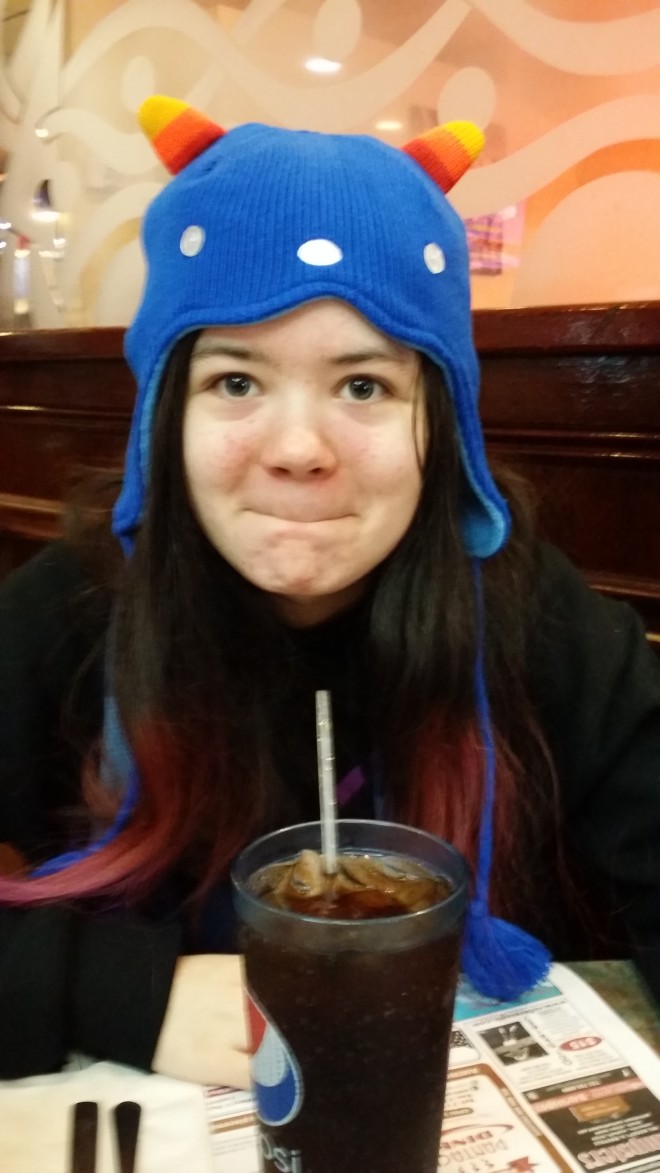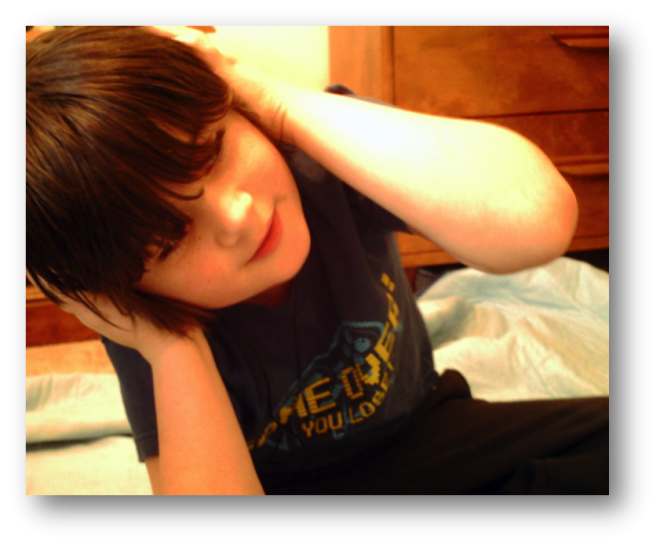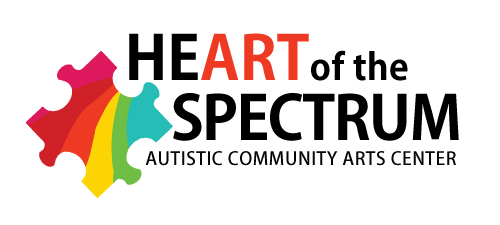 For nearly ten years I have been ensconced in the world of Autism. I have spent countless hours in research, created home therapies, advocated for my son, created a Blog about our journey to help other parents, and eventually birthed a training program for emergency responders. For the past few years I have trained many police and fire departments, disaster response groups, EMTs, hospital security officers and more.
For nearly ten years I have been ensconced in the world of Autism. I have spent countless hours in research, created home therapies, advocated for my son, created a Blog about our journey to help other parents, and eventually birthed a training program for emergency responders. For the past few years I have trained many police and fire departments, disaster response groups, EMTs, hospital security officers and more.
At times during this path, I have come across some Autistic behaviors and traits that better describe my neurotypical daughter than my son. I quickly dismissed them as Autism, mostly because I was comparing them to the “classic” signs I see in my son and teach about. She is very verbal. She doesn’t have (many) sensory processing issues. She doesn’t seem to have gross and fine motor deficits (though neither of my children can ride a bike). She was fairly social in elementary school. She can dress herself and doesn’t need help bathing or using the bathroom. She understands sarcasm and others’ facial expressions.
Recently she approached me with comments about her social awkwardness and lack of a filter when she talks to people and wondered if she might have Asperger Syndrome (a high functioning form of Autism). We started to look at the big picture:
- As a toddler, she lined up all her Fisher Price farm animals and each one sequentially received an equal number of rides in Farmer Brown’s tractor.
- When she pretended to serve family members tea, it was repetitive and always in an order that she proclaimed. If someone switched places or spoke out of turn she shut down.
- She would hide under the table or in her room if we had any kind of company at the house.
- She walks on her toes almost 90% of the day when she’s up and around.
- She would refuse to get out of the car if we arrived somewhere and it didn’t match the schedule or routine I first verbalized before we left.
- She only eats four foods, and they have to be very specific types within those foods. She has gone five days without eating as a preschooler because I tried to make her try something new (“children won’t starve themselves”… uh-huh). She literally gags or throws up when trying a new food.
- She abhors showers. Now as a teen, she takes them when she absolutely has to because she’s aware of what others think. But it’s still a struggle.
- She won’t wear shoes anywhere unless she absolutely has to, and if she does they’re usually flip flops.
- She missed a third of 5th grade due to social anxiety and “illness” that couldn’t be defined. By 6th grade I had to homeschool her after she completely shut down several weeks in a row during Middle School.
- She has no interest in shopping, makeup, hairstyles, shoes, hanging out at the mall, or any other typical “girly” things.
- She only wears comfortable loose clothing and leaves her hair down.
- Her only friends live in the computer, except for a childhood friend she met at age 5 that sees her from time to time.
- She HATES new stuff. A new smartphone or computer will cause her great anxiety because she likes things the way she is used to them and doesn’t do well with change.
- She has joined multiple groups and classes and always quits after a few sessions due to social anxiety and perceived notions that everyone hates her.
- She was diagnosed as OCD, which fits, but there are also caveats and certain missing pieces to this.
- She wakes me up in the middle of the night citing crippling fears of random things that might suddenly go wrong and cause her to die or be injured. Once a thought like this gets into her head she can’t make it stop.
Of course there is nothing wrong with some of these behaviors, I am not making any kind of judgements… just looking at the big picture. I dismissed many of them as her being an “eclectic” child, while secretly blaming some on bad parenting: me giving her too much leeway because I’m compensating for being a single parent and having to work so much.
Then we starting doing some digging together, met with her counselor and she received an official diagnosis of Asperger Syndrome.
In Georgia, 1 in 39 boys are diagnosed with Autism, while it’s only 1 in 181 girls. Whether or not that means Autism is more prevalent in boys or that girls are not being diagnosed because it presents so differently, we don’t know right now. Either way, recognizing Autism in girls can be tricky. Here are some specific things to look for or be aware of:
- Most often seen as just “eccentric” or “quirky”
- More expressive than male counterparts
- Retreat into films, books or characters
- May be highly educated but slow to comprehend
- May not do well with verbal instructions
- Anxiety and fear are predominant emotions
- Will typically shut down in social situations but can socialize in “small doses”
- Often prefers the company of animals to humans
These traits may not ever come to play on the scene of a crime, fire, disaster or medical call, but the more you arm yourself with Autism education the better you can do a scene size up and make fast decisions. You never know when you see someone “not acting right” and something from a blog post or Spirit of Autism training class will pop for you and make a difference in the outcome of the situation.









